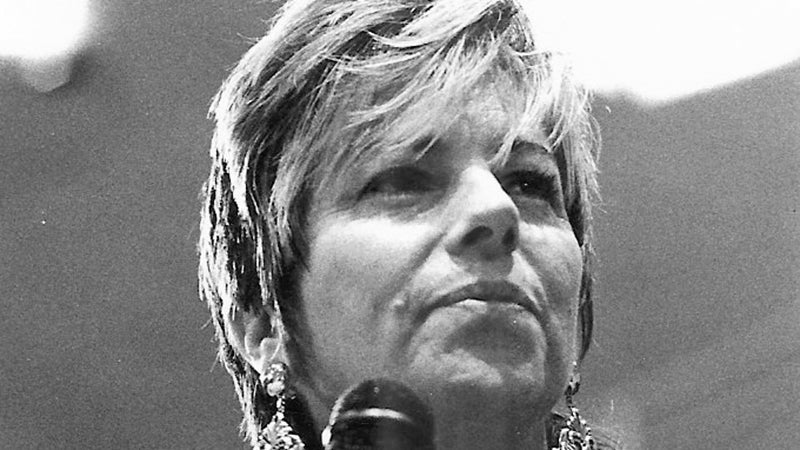MONIQUE BATSON — Signs of anxiety, depression in children aren’t always obvious
Published 12:02 am Thursday, March 9, 2023
|
Getting your Trinity Audio player ready...
|
When speaking with 16-year-old Indiya Staten Monday, the Nederland High School honors student working towards a career in neurology mentioned the importance of mental health.
“It takes over your life,” she said. “I think a lot of high schoolers can relate to that.”
It wasn’t a question I asked her for the weekly Bright Futures feature, nor one I ever ask any student I interview. But more and more during these interviews, teenagers are mentioning the importance of finding a balance to avoid being overwhelmed by the pressure of grades, extracurricular activities, home life, jobs and the many other aspects of their days.
In late February, I attended the second annual For the Love Community Resource Fair at Lamar State College Port Arthur and found mental health to be a primary focus of the multiple services there.
When I asked Woodrow Wilson Early College High School student Alejandro Medina what she learned, she began talking about the benefits of anonymous counseling.
“A lot of people our age go through anxiety, depression and we really need that,” she said.
And as someone who has been medicated for nearly two decades to treat severe anxiety, it truly comforts me to hear more and more people — particularly our youth — express the importance of mental health.
While looking back I can see where I likely suffered from anxiety long before diagnosed, the notable onset of my symptoms came during my first pregnancy. Of course every expectant mother has concerns. But I was far beyond that.
I once came close to blacking out in Toys R Us because my shoulder started aching and I had read somewhere that it was a symptom of ectopic pregnancy.
Or I would lay awake at night, think of the worst possible thing that could happen — rational or not — and cry about it until I fell asleep.
Once my son was born, my behavior worsened and two weeks later I was diagnosed with postpartum depression and anxiety. One eventually went away; the other never will.
The key is I understood what was happening wasn’t normal for me. I reached out to those around me and talked openly about the feelings, no matter how embarrassing it was. I began therapy. I took the medication. And albeit the prescription has changed, I still take it today.
Our children, however, aren’t always as likely to admit if they’re suffering from a mental disorder.
According to the World Health Organization, one in every seven children between 10 and 19 years of age will experience a mental disorder. Suicide is the fourth leading cause of death in those 15 to 29.
And failure to address it during adolescence can “extend to adulthood, impairing both physical and mental health and limiting opportunities to lead fulfilling lives as adults.”
Mental health issues include emotional disorders, behavioral problems, eating disorders, self-harm, taking extreme risks and suicidal attempts.
Some children may be unaware of what they are experiencing. One of my children, for instance, also suffers from anxiety and began showing symptoms at a young age. He, however, was unaware. It would manifest as a stomachache or headache. I ensured he had all the proper testing such as routine eye exams and eliminating other factors that could be causing this so often until the actual issue was unveiled.
According to the Centers for Disease Control and Prevention, it is common for anxiety and depression to appear in unexpected forms such as separation issues, extreme phobias, social isolation, dizziness or trouble sleeping. They may stop participating in activities that they once enjoyed, radically change sleep patterns or eat more or less than usual.
I am fortunate that my children’s school district participates in a program that, with parental permission, screens teenagers for potential mental health issues through a behavioral health counselor. If something is detected, the findings are reported to the parents along with an option for treatment.
But not every school district has such a program.
If you are the parent of a child that may need such services but aren’t sure where to start, consider contacting Samaritan Counseling Center in Port Arthur. From play therapy to telehealth sessions, there are a multitude of options there that have been beneficial to my family.
Counseling is also available for adults and even companies as a whole.
For information, call 409-727-6400.
Monique Batson is Port Arthur Newsmedia editor. She can be reached at monique.batson@panews.com.






